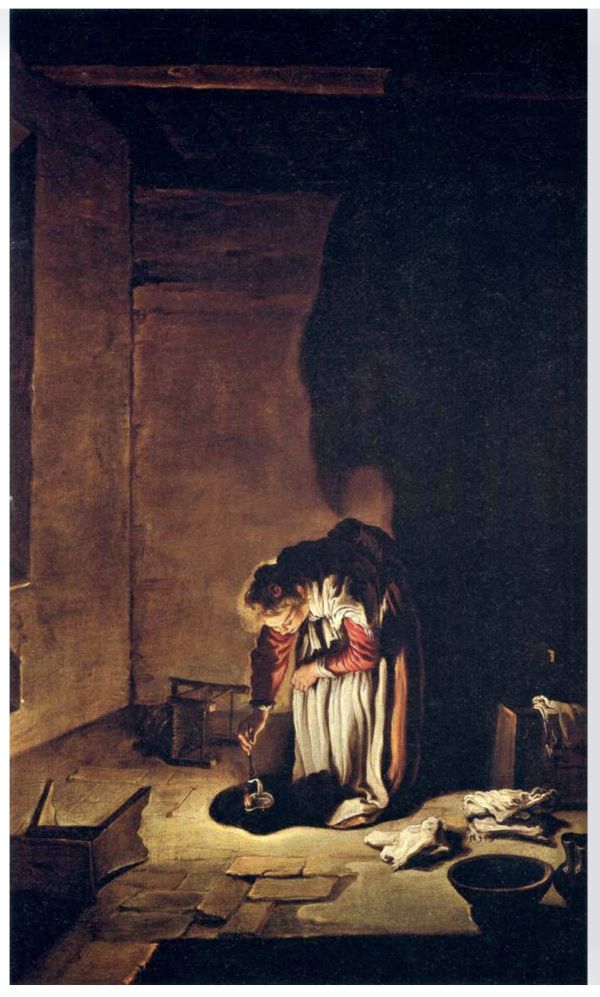A God in search of the lost and unequal, to expand our life
(Lk 15:1-10)
Jesus shatters all predictability. In the Son, God is revealed no longer as exclusive property, but as the Power of Love that forgives marginalized and lost: He saves and creates, freeing.
And through his Church He unfolds a Face that recovers, breaks down barriers and calls the wretched.
Jesus wants to awaken the conscience of the "righteous": there is a counterpart of us who supposes of himself, very dangerous, because it leads to exclusion and abandonment.
Instead, inexhaustible Love seeks. And finds the imperfect and restless.
The swamp of stagnant energy that is generated by accentuating the boundaries doesn’t allow you to grow: it locks in the usual positions and lets everyone manage or get lost.
All this made the creative virtues fall into despair. Instead, the Father is searching for the insufficient... Sinner but true, therefore more disposed to transparent love: this is the principle of Redemption.
It’s not the squeamish attitude that unites us to Him. The Lord has no outside interests.
He rejoices with everyone, and it’s the need that draws Him to us. So we are not afraid to let ourselves be found and let ourselves be brought back (v.5)... to His House, which is our home.
If there is a bewilderment, there will be a find, and this is not a loss for anyone - except for the envious of others' freedom (v.2).
In fact, God is not pleased with marginalization, nor does he intend to extinguish the fumiganting wick.
The Son doesn’t come to point the finger at the moments no, but to recover, leveraging intimate involvement. Invincible strength of fidelity.
This is the style of a Church with a Sacred Heart, amiable, elevated and blessed.
(What attracts participation and expression is to feel understood, not condemned). Carlo Carretto said: «It’s feeling loved, not criticized, that man begins his journey of transformation».
As the encyclical Fratelli Tutti [Brothers All] emphasizes: Jesus - our Engine and Motive - «had an open heart, sensitive to the difficulties of others» (n.84).
And adds as example of Tradition: «People can develop certain habits that might appear as moral values: fortitude, sobriety, hard work and similar virtues. Yet if the acts of the various moral virtues are to be rightly directed, one needs to take into account the extent to which they foster openness and union with others. That is made possible by the charity that God infuses. Without charity, we may perhaps possess only apparent virtues, incapable of sustaining life in common».
«Saint Bonaventure, for his part, explained that the other virtues, without charity, strictly speaking do not fulfil the commandments “the way God wants them to be fulfilled”» (n.91).
Well, human and spiritual riches risk being deposited in a secluded place - if so, they age and debase.
On the contrary, in the assemblies of the sons they are shared: they grow and communicate; by multiplying they revive, with universal benefit.
[Thursday 31st wk. in O.T. November 7, 2024]












